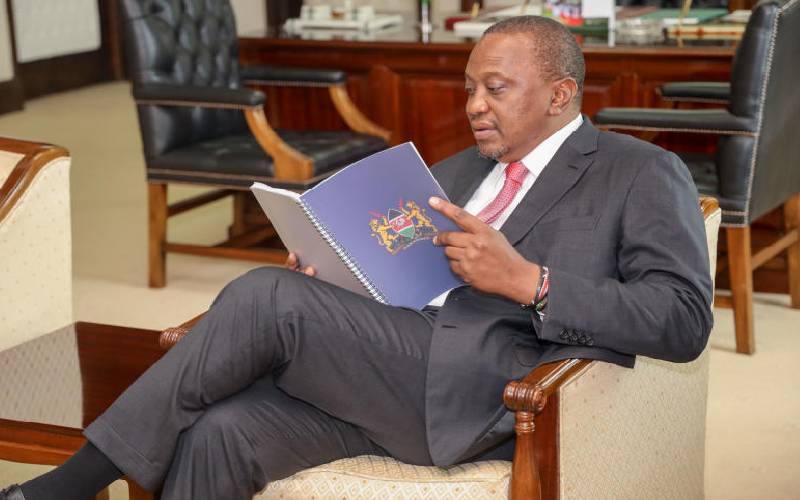×
The Standard e-Paper
Smart Minds Choose Us

After an eventful year characterised by a fight for the soul of Jubilee Party, President Uhuru Kenyatta enters the twilight of his presidency with a full in-tray on his desk.